First endurance ride? Discover the essential equipment checklist for Green Beans. What you really need, what to...
Search in blog
Blog categories
Latest posts
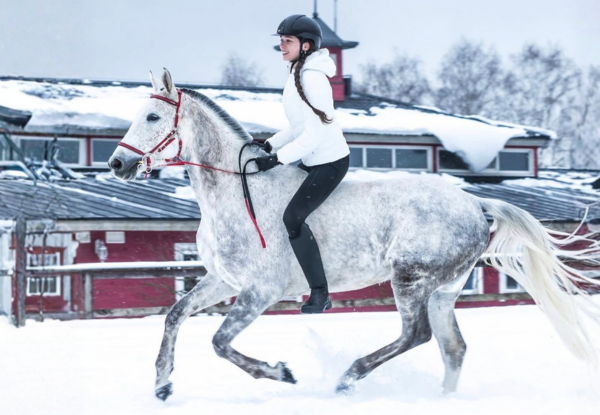
Find out how to train your endurance horse in the cold months without stressing it. Proper workloads, muscle...
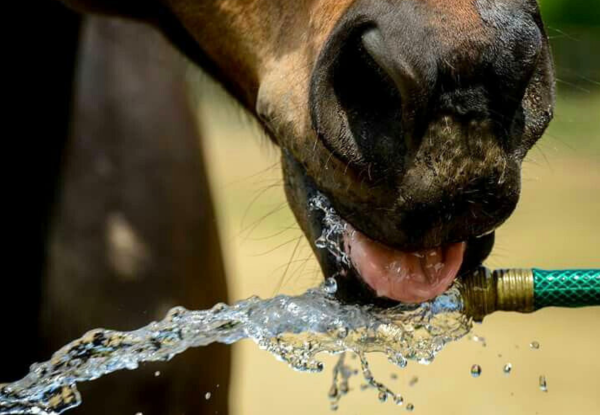
Find out why horse and rider have different electrolyte needs in endurance. Common mistakes, correct timing, and...
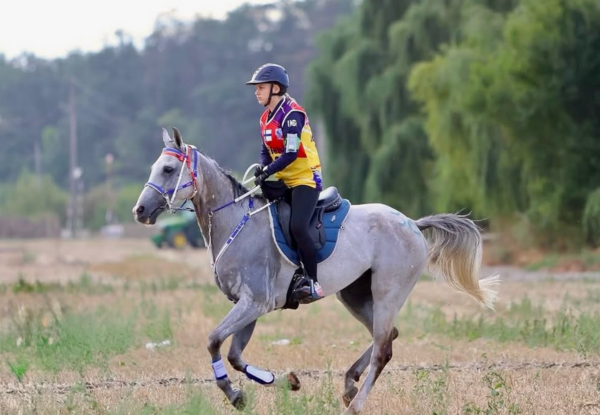
Discover how to plan your endurance equipment before the 2026 season. Comfort and technical choices for every ride.

Do you really know how horses sleep? It's not just a fun fact: knowing it helps improve their well-being. A...
Popular posts
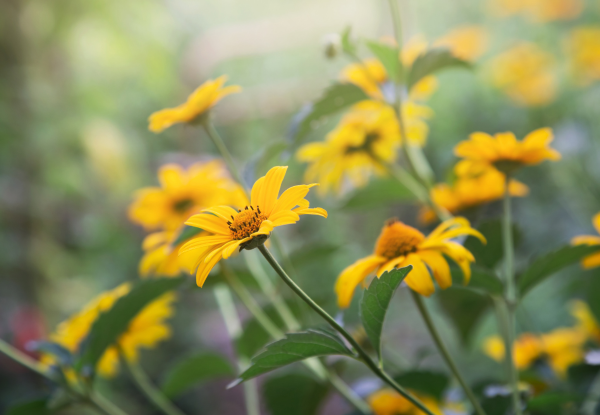
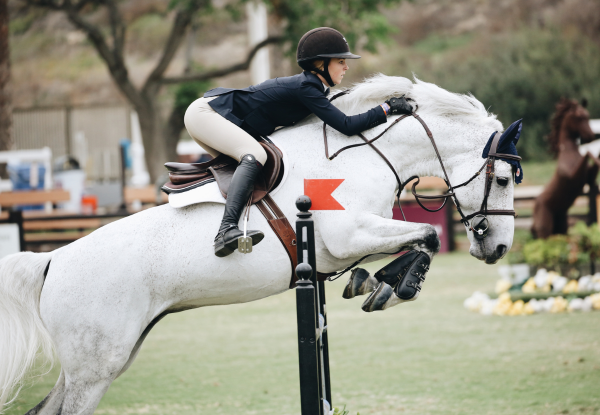
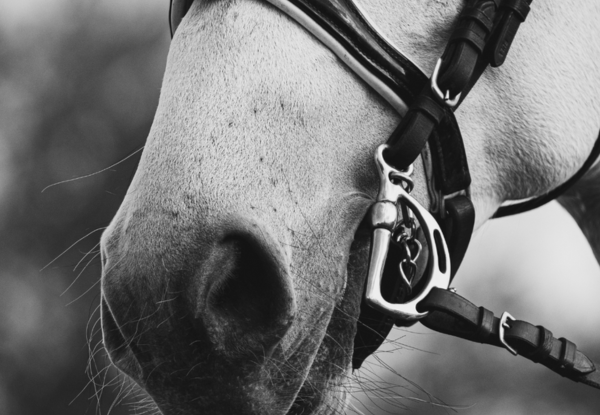

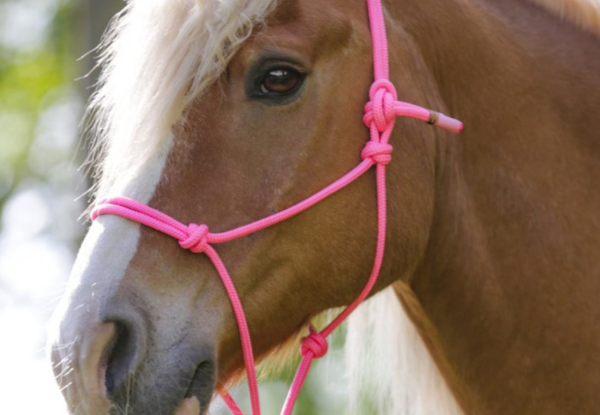
Featured posts


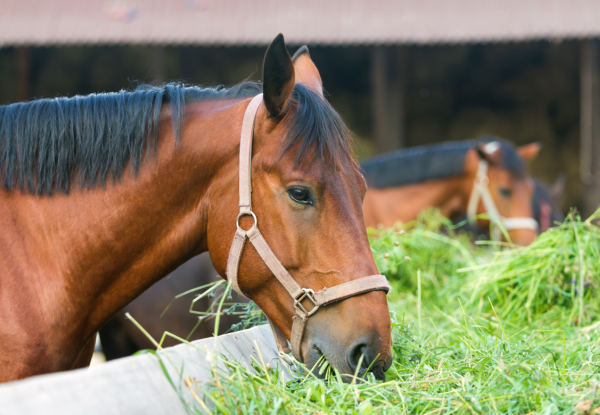
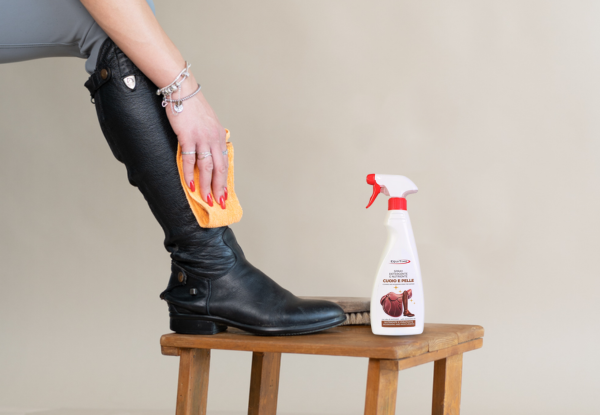

What do horses eat? A complete guide to horse feeding for optimal health
The horse’s nutrition is essential to ensure its health, performance, and overall well-being.
Knowing what horses eat helps you offer a balanced and safe diet, avoiding common mistakes that can harm the horse’s health.
In this guide, you will find detailed information about hay, feed, herbs, supplements, and much more.
WHAT IS THE CORRECT FEEDING FOR A HORSE?
The correct feeding of a horse is based on a combination of hay, feed, water, and supplements, depending on each horse’s needs.
The horse’s digestive system is made to eat small amounts of food during the whole day. For this reason, every horse must always have access to a source of fiber.
The horse’s diet must change depending on age, activity level, and season.
Each horse is different, and to avoid digestive problems like colic, it is important to give a balanced ration made mainly of high-quality hay.
WHAT DO HORSES EAT IN NATURE?
Horses are herbivores and spend most of their time grazing. Their natural diet includes:
-
Fresh grass: rich in fiber, vitamins, and minerals.
-
Wild plants: many of them give nutrients that help digestion.
-
Fresh water: a horse drinks between 20 and 40 liters every day.
Understanding what horses eat in nature helps to create a feeding routine that respects their digestive system and improves the horse’s health.
THE IMPORTANT ROLE OF HAY IN HORSE FEEDING
Hay is the main part of the horse’s diet, especially when grass is not available.
It gives fiber, helps digestion, and keeps the horse busy, reducing stress.
It is important to give the right amount of hay every day, depending on the horse’s weight. On average, an adult horse needs 1.5–2 kg of hay for every 100 kg of weight.
For example, a 500 kg horse needs 7–10 kg of hay per day.
WHAT SHOULD GOOD HAY FOR HORSES LOOK LIKE?
Hay must be clean, without mold, dust, or foreign objects, to avoid breathing problems.
FEED FOR HORSES: WHICH ONE TO CHOOSE AND WHEN TO GIVE IT?
Horse feed is a good addition, especially when hay alone is not enough to give all the nutrients horses need. Some examples:
-
Oats: gives energy, but must be balanced to avoid too much.
-
Barley: easier to digest than oats.
-
Corn: very high in calories, should be given in small amounts.
-
Pelleted or extruded feed: complete and balanced mixes.
A good feed must give proteins, carbohydrates, vitamins, and minerals. It is important to balance the feed with hay to ensure good nutrition and avoid colic.
FRUITS AND VEGETABLES: WHAT CAN A HORSE EAT?
Many horse owners like to give fruits and vegetables as a treat. But be careful: not all foods are safe.
Recommended foods:
-
Carrot, apple, pear, banana, watermelon
-
Fennel, celery, pumpkin
To avoid:
Avocado, tomato, potato, onion, garlic
Small portions are very important: even healthy food must be given in the right amount to keep the ration balanced.
WHAT IS THE RIGHT DIET FOR A SPORT HORSE?
A sport horse has special needs: more energy, more proteins for muscle recovery, and vitamins for metabolism.
The sport horse’s diet can include:
-
Alfalfa hay
-
High-energy feed
-
Supplements for muscle support
It is important that the horse eats slowly to help digestion and avoid digestive problems.
HOW DOES THE DIET OF AN OLDER HORSE CHANGE?
An older horse may have worn teeth or digestive issues. In these cases, it is helpful to give food that is:
-
Easy to digest: chopped hay, mash, or special feeds
-
With nutrients that support the joints and immune system
Good feeding for senior horses helps them live longer and improves the quality of their later years.
WHAT MISTAKES TO AVOID IN A HORSE’S DIET?
Here are the most common mistakes to avoid:
-
Giving too much feed and not enough hay
-
Changing food without doing it slowly
-
Giving poor quality or unsafe food
When a horse has a bad reaction to a change in diet, it is often because the horse cannot tolerate something or because the change was too fast.
HOW MUCH DOES A HORSE EAT PER DAY?
This is a common question: how much does a horse eat each day? It depends on the horse’s weight, activity level, and the type of food.
On average:
-
A 500 kg horse eats about 7–10 kg of hay daily
-
If it works a lot, it can receive 1–2 kg of feed per day
-
Water is essential: a horse drinks up to 40 liters in 24 hours
Remember: a horse is a herbivore, so good feeding means respecting its natural needs.
CONCLUSIONS: KEY POINTS TO REMEMBER
Horse feed must be chosen based on the horse’s needs.
-
Always provide high-quality hay
-
Fruits and vegetables are good, but only in small amounts
-
Hydration and minerals are essential
-
Avoid sudden changes in food and dangerous items
Each horse is different: the diet must be adapted to its weight, activity, and age.
-
Sport horses need more energy and proteins
-
Older horses need food that is easy to digest
Correct feeding prevents problems like colic and improves the horse’s health.
Need help with your horse’s diet?
Write to us on WhatsApp at +39 349 733 9837 for a personalized consultation!.png)
Related posts
 Mud Fever: effective solutions for treating and preventing it permanently
Mud Fever: effective solutions for treating and preventing it permanently
 How to keep your horse hooves healthy: tips and useful advice for winter
How to keep your horse hooves healthy: tips and useful advice for winter
 Equitime Horse & Leather Care: the new line for horse and leather care
Equitime Horse & Leather Care: the new line for horse and leather care
 Horse Arnica: properties and benefits of extra-strong arnica gel for horses and human use
Horse Arnica: properties and benefits of extra-strong arnica gel for horses and human use
 Sweet itch in horses: Symptoms, causes and treatments for a healthy coat
Sweet itch in horses: Symptoms, causes and treatments for a healthy coat
.png)
.png)
